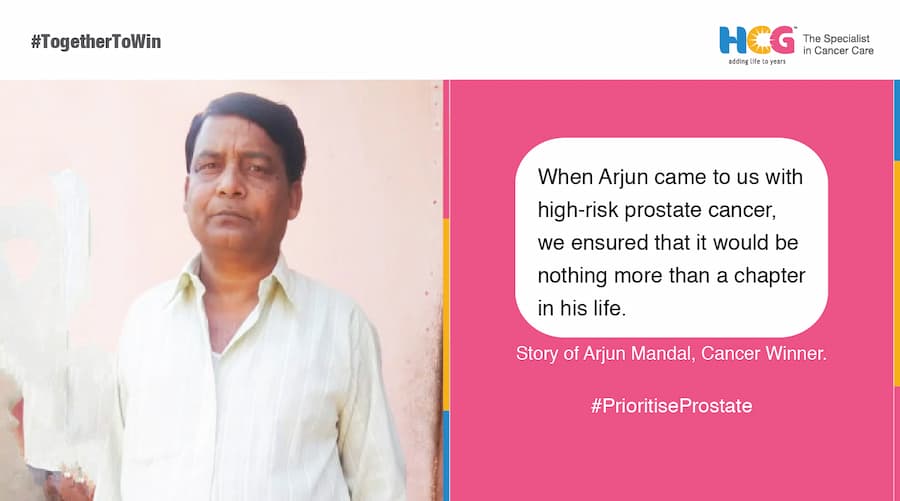
25 Jan, 2022
Feel free to reach out to us.

25 Jan, 2022
Numerous malignancies and cancer treatments have a considerable effect on human fertility. Unfortunately, many patients are unaware of how these medicines affect their fertility. Generally, your clinician will talk with you if cancer treatment increases your chance of infertility or even causes infertility.
Fertility refers to the capacity to conceive and sustain a pregnancy. Infertility is a term that refers to a womans inability to conceive. It might involve female or male factors. The cancer treatment has a very unpredictable effect on fertility and is circumstance based. These include the following:
Many cancer medicines are associated with a greater risk of infertility than any other class of drugs. Therefore, if you are planning chemotherapy, talk to your treating doctor (oncologist) about medicines that have a lower risk of impairing your fertility.
Some cancer treatments can cause temporary or permanent infertility; however, this also depends on the type of the cancer, its stage and grade, along with the overall condition of the patient.
Chemotherapy: It has the potential to drastically weaken or eliminate spermatogenesis and ovulation, thus reducing your chance of biologically parenting a kid. Additionally, hormone therapy for cancer usually impairs sperm and egg production. Specific anti-cancer drugs are found to have a negative impact on your fertility. You can consider talking to your doctor regarding the medication that will be administered to you and its impact on your fertility.
Radiation therapy: Radiation therapy, when given to specific body parts, can lead to temporary or permanent infertility. These body parts include:
Surgery: Surgical removal of some reproductive organs may negatively impact fertility. Hysterectomy involves surgical removal of the uterus, whereas oophorectomy removes one or both ovaries. All these procedures affect the fertility of females.
It is essential to think about what you can do if your treatment causes infertility before you begin your treatment. Following are some of the fertility preservation options available:
Women: Women preparing to receive treatment for cancer have a variety of fertility preservation choices.
Men: Damage to the testicular lining is the leading cause of infertility in men who have received cancer treatments. However, men can consider the following measures to maintain their fertility before treatment:
Cancer therapy might result in a temporary loss of fertility for some children and teens, while for others, treatment can result in permanent infertility. If your kid has attained puberty, cryopreservation of oocytes or sperm may be a possibility.
Avoid getting pregnant during your cancer treatment, as a few anti-cancer medications and radiation can cause side effects, such as birth malformations, stillbirths, miscarriages or spontaneous abortions.
Many people may not believe in the use of birth control because of religious or cultural beliefs or fear that they would become infertile due to treatment, making this their final opportunity for a kid.
Regardless, you must avoid pregnancy while receiving chemotherapy treatment. It is because chemotherapy has the potential to harm an unborn child.
Condoms and spermicides are the two most commonly used forms of contraception for men and women, respectively, which help in pregnancy prevention.
You may consult various health specialists to discuss fertility issues, including a cancer specialist, such as a medical or gynaecological oncologist or someone who will address potential reproductive effects before treatment.
For example, a fertility specialist detects, treats, and handles infertility. A fertility counsellor offers advice and support to individuals experiencing fertility problems. A paediatric endocrinologist or gynaecologist specialises in fertility care for children with cancer.
Consider the following questions to discuss with your expert team:
Certain cancer treatments do have a negative impact on fertility. However, there are numerous fertility preservation options available today, with which cancer patients will be able to have children after their treatment. Cancer patients, at any cost, should not skip their treatment fearing the possible infertility that the cancer treatments may cause.
For any information on cancer treatment at HCG and the best oncologists available, please reach out to us on +919513165955 or fill your query form here.
